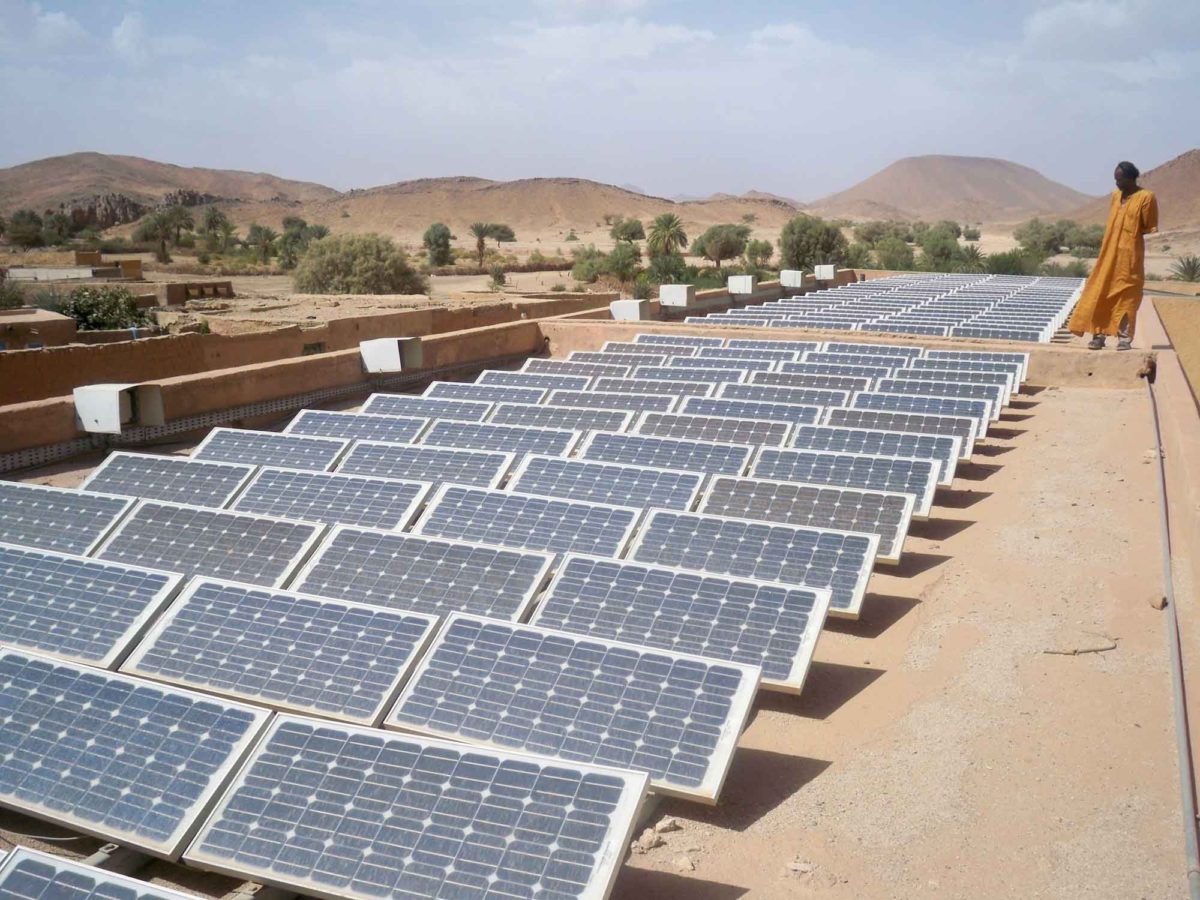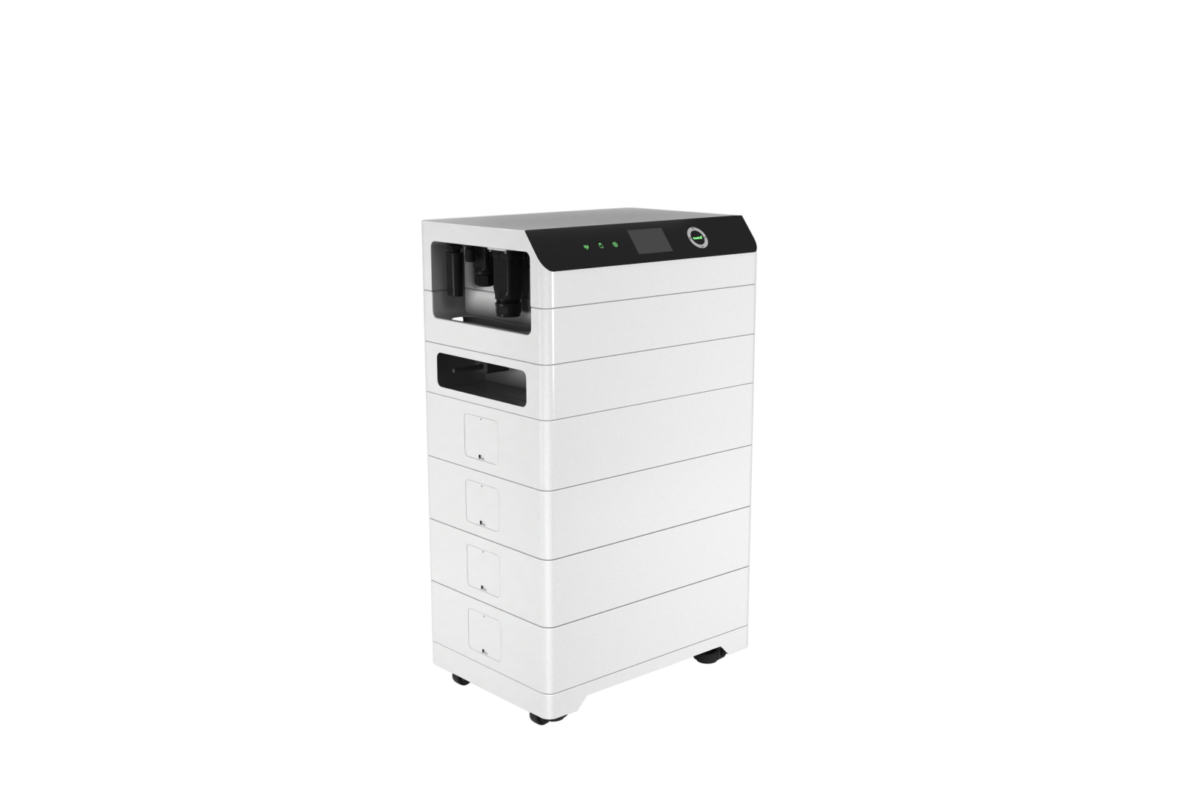Mourad Louadah, an Algerian entrepreneur which is also president of the renewable energy division of local trade industry association Forum des Chefs d'Entreprise (CFE), said that the 4 GW tender for solar projects announced by the government is doomed to fail.
In an interview with local radio station Radio M, Louadah said that there’s the real risk that the tender wouldn’t even be launched, although the publication of the tender’s documents is expected this week or the next week.
Louadah claims that the domestic content requirement quota included in the tender will make it impossible for project developers to offer low bids and, at the same time, make the investments to set up solar module manufacturing facilities across the country.
“Under these conditions,” Louadah said, “the projects will not be bankable.” This, Louadah added, will apply especially to Algerian solar companies, while foreign solar players would eventually build solar module assembly factories, which would be closed after completion of the projects.
Furthermore, Louadah said that Algeria has not the expertise to manage the three 1.35 GW tenders announced for the 4 GW plan and that tenders allocating up to 500 MW of PV capacity would have been a more feasible solution.
Louadah went on to criticize the replacement of the FIT scheme with the auction mechanism. Algeria’s Ministry of Energy and Mining (DEM), in fact, had put in place a FIT scheme for large-scale solar in April 2014, which was never implemented and then dismissed in the second half of last year.
Louadah also believes that local state-owned utility Sonelgaz and oil company Sonatrach should have not be chosen as the entities responsible for the implementation of the plan and that the government should have created an independent solar energy agency to run the program.
Projects selected in the tender will be owned and developed by special purpose companies, which will be responsible for financing, EPC works, grid-connection and the sale of power. These vehicles will be owned 51% by a domestic investor and 49% by an international partner. Government-owned Sonatrach will hold a 40% stake in all of these companies, while Sonelgaz and other public or private Algerian companies will hold the remaining 11%. For Algerian private investors the participation in the capital of each company will not exceed 6%. Financing for each project must be provided 30% with own funds and 70% with bank loans.
Meanwhile, Algerie Focus reports that local industrial group Zergoun Brother is planning to build a 160 MW module manufacturing facility in Algeria. The company is based in Hassi-Messaoud and provides civil works for oil and gas operators and service companies. The capacity of the solar panel factory is expected to be doubled over the next three years, the article reports. Unspecified European and Chinese partners are mentioned as partners in the project.
Currently, there are two operational PV module factories in Algeria, a 75 MW module manufacturing facilities owned by local electronics manufacturer Condor Electronic and a 30 MW factory operated by Aures Solaire, a joint venture between Condor Electronic and French industrial group Vincent Industrie.
This content is protected by copyright and may not be reused. If you want to cooperate with us and would like to reuse some of our content, please contact: editors@pv-magazine.com.




By submitting this form you agree to pv magazine using your data for the purposes of publishing your comment.
Your personal data will only be disclosed or otherwise transmitted to third parties for the purposes of spam filtering or if this is necessary for technical maintenance of the website. Any other transfer to third parties will not take place unless this is justified on the basis of applicable data protection regulations or if pv magazine is legally obliged to do so.
You may revoke this consent at any time with effect for the future, in which case your personal data will be deleted immediately. Otherwise, your data will be deleted if pv magazine has processed your request or the purpose of data storage is fulfilled.
Further information on data privacy can be found in our Data Protection Policy.